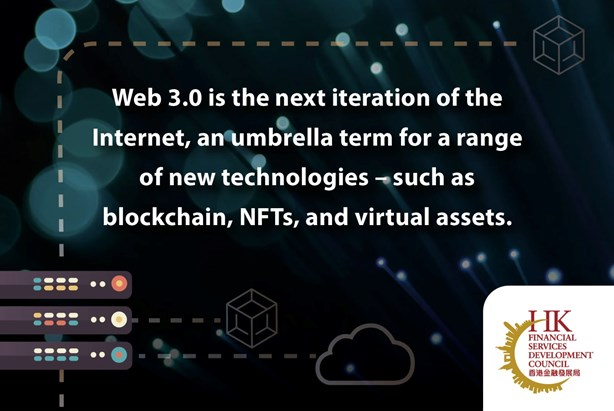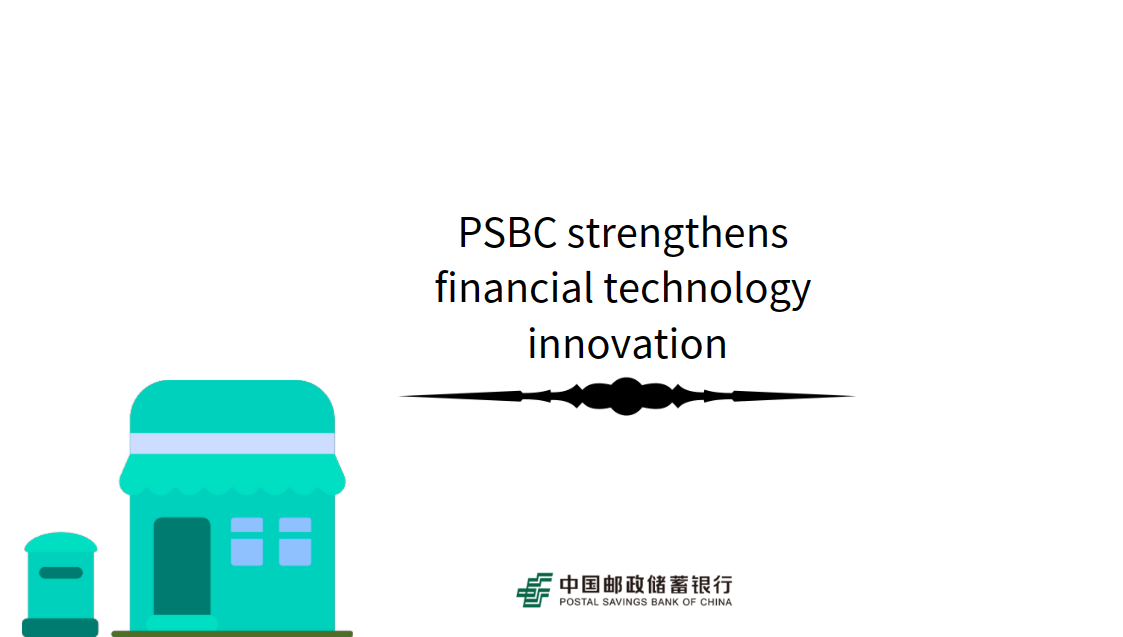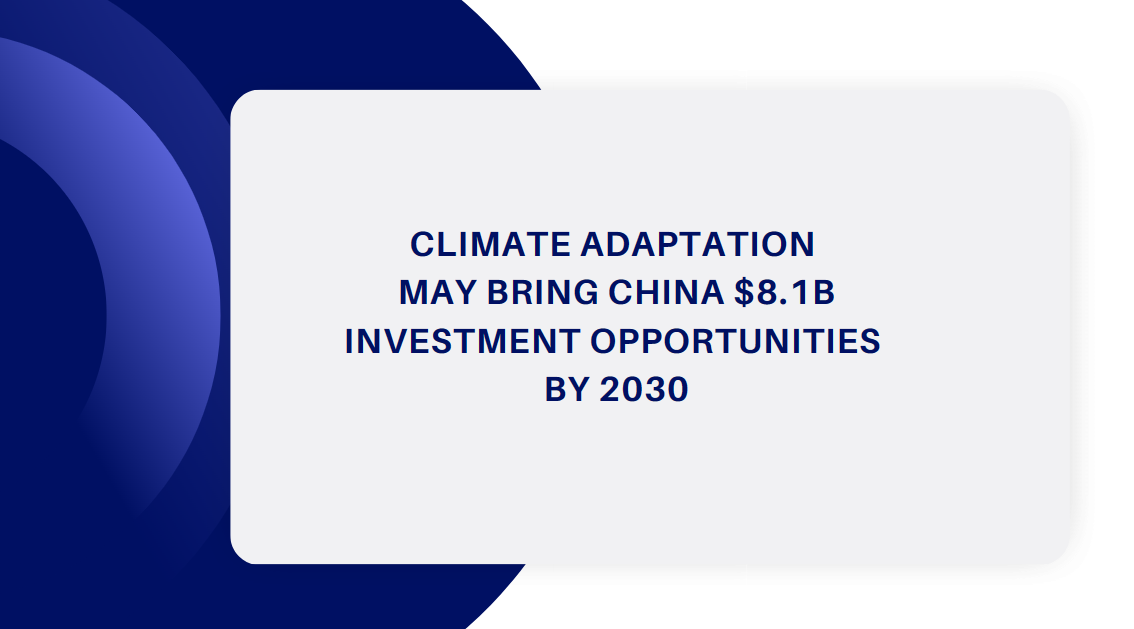Web 3.0 in Hong Kong – how to get involved
Web 3.0 is a new and rapidly evolving iteration of the Internet that incorporates many of the most talked-about technologies in recent years – including cryptocurrencies, the metaverse, and non-fungible tokens (NFTs). In addition to its extraordinary economic potential, Web 3.0 presents opportunities for professionals looking to develop the solutions that will define the digital world of the future.
Hong Kong’s role in Web 3.0 and how young professionals can develop careers in the area was the subject of a panel discussion at the Financial Services Development Council Career Day 2022. It assembled several pioneering figures from Hong Kong’s Web 3.0 community to explain the significance of the Internet’s next iteration, how Hong Kong is well suited to help in its development, while giving practical advice on the career paths available.

What is Web 3.0?
“Web 3.0” is generally considered an umbrella term for a range of new technologies, software and infrastructure that are reshaping the way we work and play. But beyond that, industry practitioners tend to highlight different aspects.
Glenda So, Co-Head of Markets at Hong Kong Exchanges and Clearing Limited, points to the way Web 3.0 can create new ways for financial institutions to develop new products and interaction. “It has opened the door for a lot of new ways of engaging with existing and new customers. It is a megatrend that will shape everything that we do in capital markets going forward.”
Another way to explain what makes Web 3.0 different to earlier versions of the Internet is to highlight the importance of blockchain and how it allows people to exchange assets online.
“Web 3.0 is all about ownership,” said Michael Wong, Co-Founder and Managing Partner of MaiCapital Limited and Co-Founder and CEO of MaiBlocks Technology (HK). “Web 2.0 was about users generating data, and Web 3.0 is about users owning the data, and the products and services that enable that ownership.”
He described how the popularity of cryptocurrencies in recent years acted as successful proof that digital assets can change ownership over a network without an intermediary. Furthermore, popular tokens like Bitcoin and Ethereum also enabled the concept of decentralisation in finance. Despite the recent downturn in both cryptocurrencies and NFTs, the panel was in agreement that the broader category of Web 3.0 is a major trend that has a long-term future.
Getting involved
Hong Kong is well-positioned to play a leading role in the global development of Web 3.0. For a start, it is an international financial centre that is home to operations of many of the world’s largest financial institutions, a wealth of local expertise, as well as a regulatory framework that is amenable to international investors. Furthermore, the city’s location in the Greater Bay Area enables synergies to take place with parties in Shenzhen – one of the world’s leading centres for technological innovation.
“I see a lot of initiatives and efforts on the Hong Kong side to help develop the digital asset space,” said Vivien Khoo, Senior Advisor to StashAway. One recent example is a recent policy statement by Hong Kong regulators on the sustainable and responsible development of virtual assets, recognising in particular the potential for blockchain technology to inject efficiencies into the financial system.
For young professionals, who are in the early stages of their careers, Web 3.0 presents a range of new career opportunities – from working at start-ups in the FinTech sector to roles assisting more traditional financial institutions in keeping up with the market where the technological demands are increasing.
To prepare themselves for this evolving market, young professionals can consider the skills that will help them develop a career that incorporates Web 3.0 developments. For example, in addition to knowledge of traditional finance, it will be increasingly important for the financial professionals of the future to have an understanding of technology and how it can improve processes, ultimately providing a better service to clients.
The integration of Web 3.0 into financial services will broaden the range of possible career paths. The benefit for jobseekers is that will be more likely to find a role that they really care about.
“No matter whether it is in large corporations or start-ups, there will be more opportunities that really resonate with people,” said David Chan, Managing Director and Partner at Boston Consulting Group. “People will be able to be passionate about pursuing their career.”






















































First, please LoginComment After ~